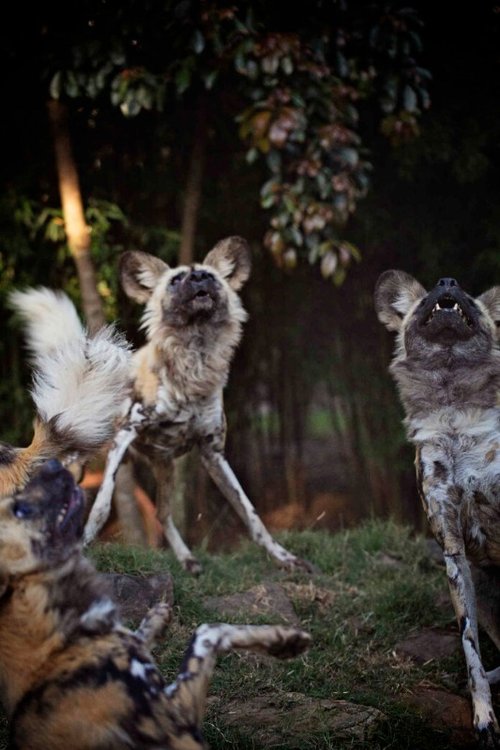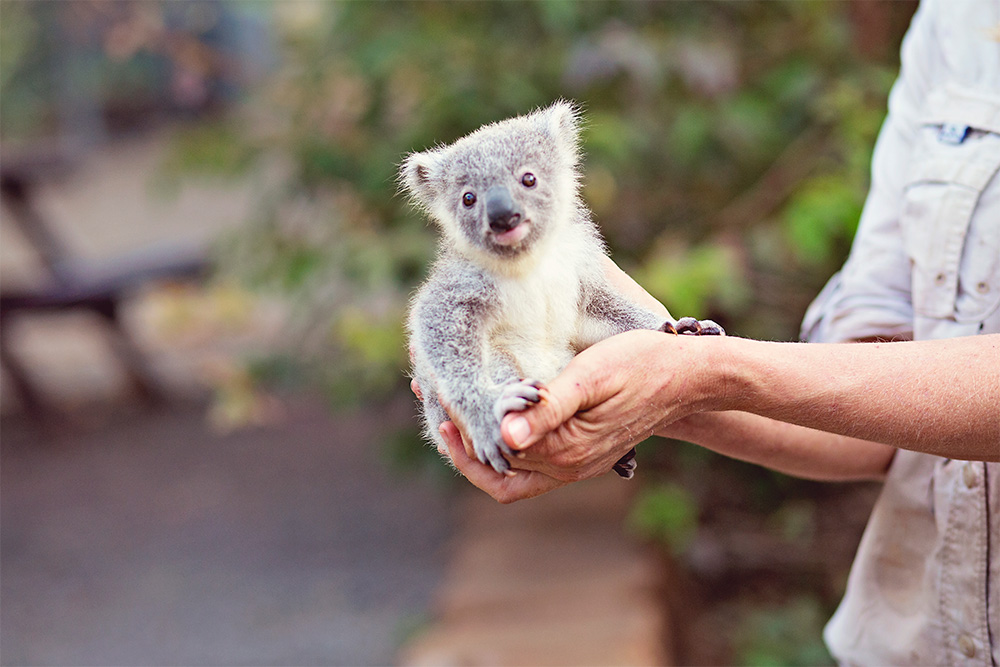Safeguarding Your Place: Wildlife HQ Tickets and Admission Details
Safeguarding Your Place: Wildlife HQ Tickets and Admission Details
Blog Article
Introducing the Rich Biodiversity at the Zoo: Your Entrance to Wild Animals HQ
With habitats carefully created to resemble natural environments, the zoo becomes a sanctuary for a diverse range of varieties, each playing a special duty in the ecological community. From rare and decreasing in numbers varieties that are meticulously cared for to the committed preservation initiatives that go on behind the scenes, the zoo unveils a globe of wild animals waiting to be explored.

Diverse Habitats: A Home for All
Snuggled within the zoo's confines are diverse environments meticulously developed to give an appropriate home for a wide selection of varieties. Each environment is crafted to replicate the natural surroundings of the pets it houses, ensuring their convenience and wellness. From lush jungles to arid deserts, the zoo's habitats provide to the details demands of different types, promoting behaviors and interactions comparable to those found in the wild.
The zoo's commitment to conservation appears in the focus to information took into each habitat. For instance, the aviary flaunts a varied variety of plant species to attract indigenous birds, developing a mini-ecosystem within the zoo. In a similar way, the underwater viewing locations in the aquatic habitats permit site visitors to observe aquatic life up close while imitating the animals' natural habitats.
Via these thoroughly curated habitats, the zoo not just supplies a safe house for its residents however also enlightens visitors on the value of protecting diverse ecological communities worldwide - Wildlife HQ australia. By showcasing the appeal and complexity of each habitat, the zoo inspires a sense of marvel and recognition for the abundant biodiversity discovered in nature
Unusual Species Spotlight
Highlighting the outstanding conservation initiatives undertaken at the zoo, the emphasis currently moves to the 'Uncommon Types Spotlight'. Within the zoo's very carefully curated collection, there are a number of unusual types that hold enormous ecological relevance. One such types is the Amur Leopard (Panthera pardus orientalis), of which just around 100 individuals stay in the wild. The zoo plays a crucial duty in the preservation of this seriously jeopardized large feline with breeding programs and environment conservation efforts. Visitors are afforded an one-of-a-kind chance to witness these marvelous creatures up close, cultivating a feeling of link and obligation towards their defense.
Along with the Amur Leopard, the zoo likewise houses the Philippine Eagle (Pithecophaga jefferyi), one of the world's biggest and rarest predators. With a populace of much less than 400 individuals, this critically jeopardized species faces numerous risks in its indigenous environment. Through instructional programs and research cooperations, the zoo aims to increase understanding concerning the plight of the Philippine Eagle and add to its preservation. By radiating a limelight on these uncommon varieties, the zoo underscores its commitment to maintaining biodiversity and safeguarding the future of these magnificent animals.
Conservation Campaigns in Action
In the realm of conservation initiatives, the zoo proactively takes part in executing substantial initiatives to maintain and protect threatened types. Via strategic partnerships with environmental organizations and wild animals professionals, the zoo has actually developed reproducing programs for critically threatened varieties, such as the majestic Amur leopard and the elusive Sumatran tiger. These programs focus on enhancing the population varieties of these at-risk pets and reestablishing them right into their all-natural environments.
Additionally, the zoo plays an important function in informing the public regarding conservation problems through interactive exhibits, directed trips, and outreach programs - Wildlife HQ jobs. Site visitors have the chance to find out about the significance of biodiversity, the impact of habitat devastation, and the means in which they can add to conservation efforts
Behind the Scenes: Zookeepers' Stories
With a deep dedication to the wellness and conservation of the zoo's diverse pet populace, zookeepers play an essential role in the day-to-day procedures and care of the wildlife. These committed specialists are the unsung heroes behind the scenes, guaranteeing the health and wellness and joy of the animals under their charge.
Zookeepers' duties go far beyond simply feeding and cleaning up enclosures. They create strong bonds with the pets, observing their habits, monitoring their wellness, and supplying enrichment activities to maintain them psychologically and physically boosted. With this close interaction, zookeepers resource can quickly observe any type of indicators of distress or health problem, enabling punctual intervention and clinical interest.

Interactive Wild Animals Experiences
In the middle of the varied range of wildlife housed within the zoo, site visitors have the special chance to engage in interactive experiences that foster a deeper admiration for the animal kingdom. These encounters provide a hands-on experience that permits guests to get in touch with the pets on a much more individual level. Through interactive feeding sessions, site visitors can observe the nutritional practices of various varieties up close and discover their dietary needs.
In addition, some zoos provide unique behind-the-scenes tours where guests can connect with zookeepers, ask questions, and witness firsthand the devoted treatment offered to the pets. These encounters not only inform site visitors about preservation initiatives and the significance of securing wild animals but also influence a feeling of marvel and respect for the creatures that share our world.
Interactive wild animals encounters play a critical role in promoting conservation recognition and cultivating empathy towards pets. By involving with these stunning animals in a regulated environment, visitors acquire a newly found understanding of the complex ecosystems that support diverse species, ultimately motivating a feeling of duty in the direction of maintaining our environment.
Conclusion
In final thought, the zoo serves as a hub for different wildlife types, showcasing varied environments and uncommon varieties. With active conservation efforts and the commitment of zookeepers, visitors can find out about and communicate with these fascinating animals. The zoo provides a valuable opportunity for education and awareness concerning the relevance of maintaining biodiversity and shielding threatened types for future generations to appreciate.
From decreasing in numbers and uncommon varieties that are diligently cared for to the specialized conservation efforts that go on behind the scenes, the zoo introduces a globe of wildlife waiting to be explored. - Wildlife HQ zoo
Snuggled within the zoo's boundaries are varied habitats meticulously made to supply an appropriate home for a broad selection of types.Highlighting the extraordinary conservation initiatives carried out at the zoo, the emphasis now changes to the 'Rare Types Spotlight'.In the world of conservation initiatives, the zoo actively involves in executing substantial efforts to protect and protect threatened species.In verdict, the zoo serves as a center for various wildlife varieties, showcasing uncommon species and varied habitats.
Please visit one of our local supporters - West Rock Insurance Brokers Rideshare Cover
Report this page